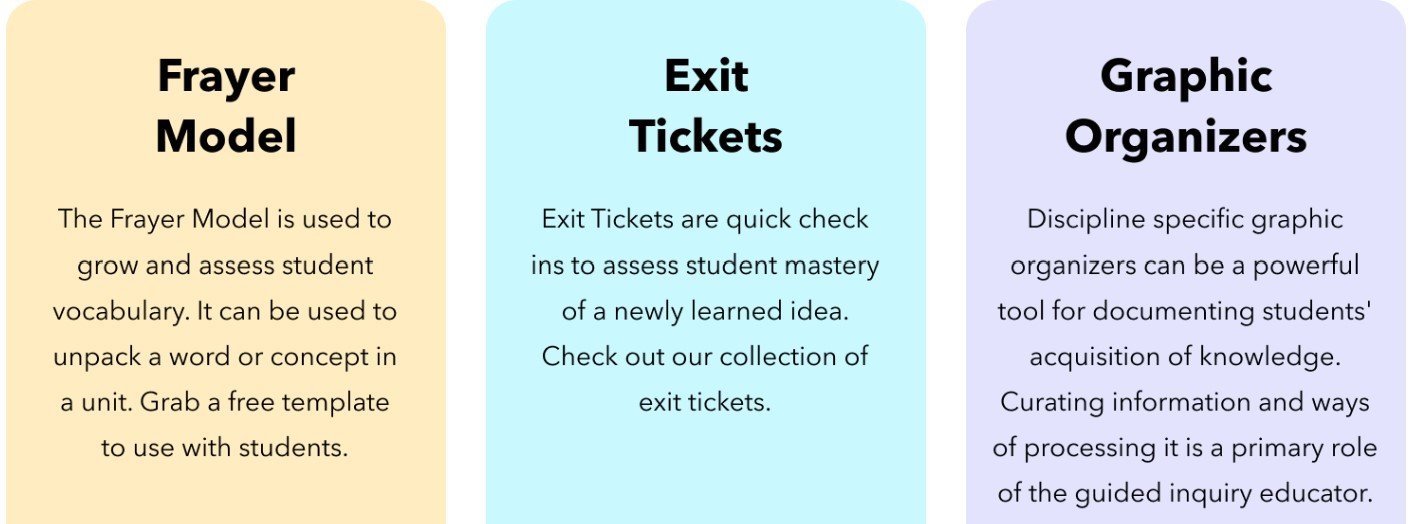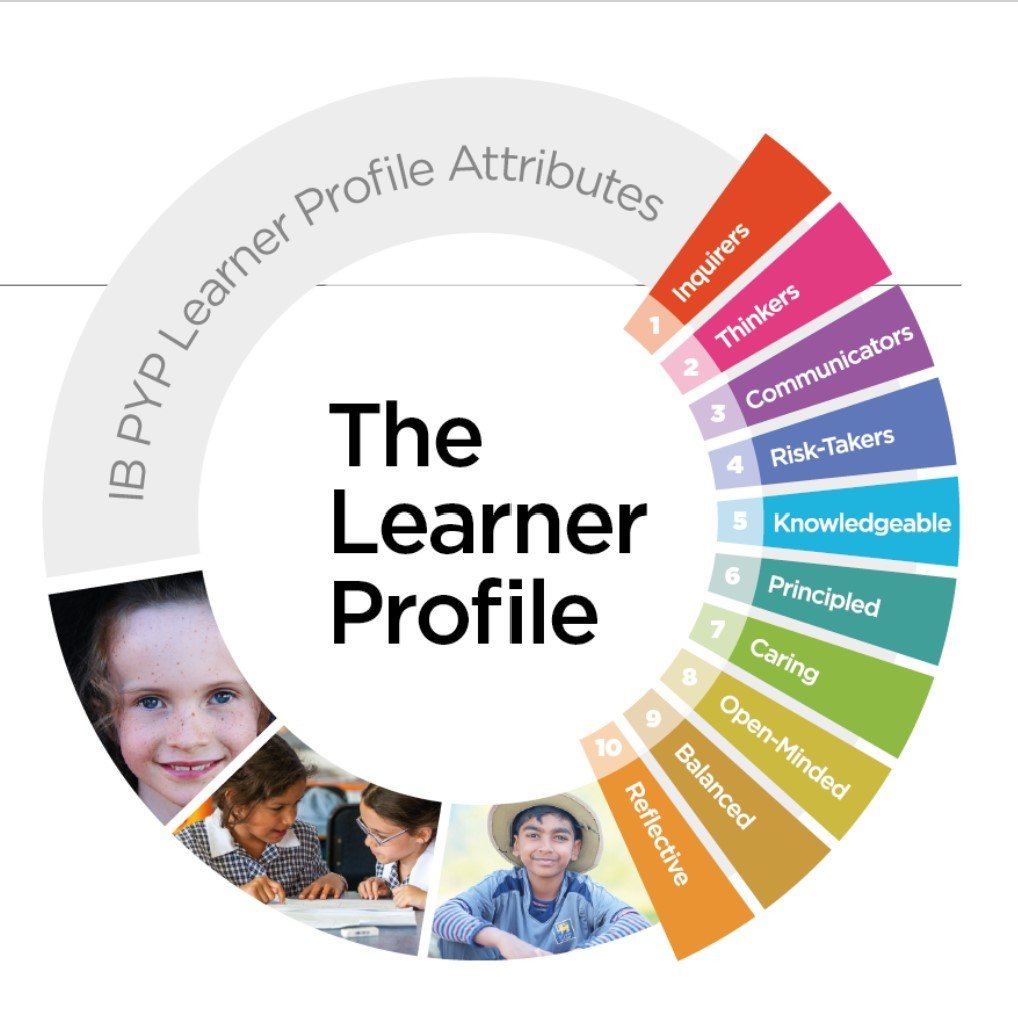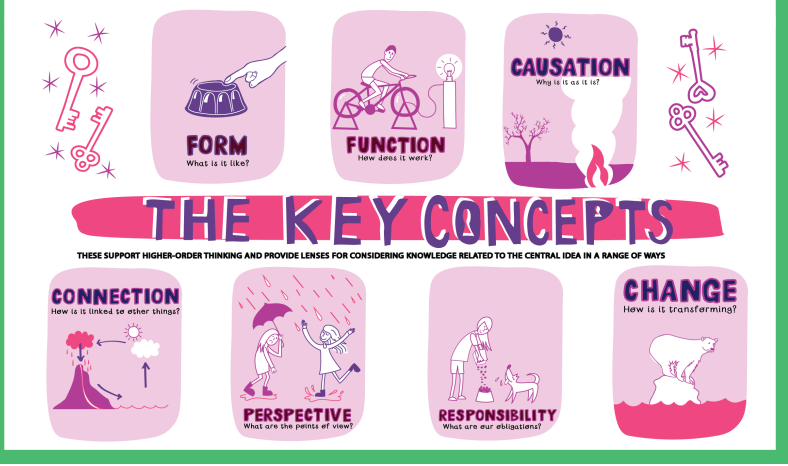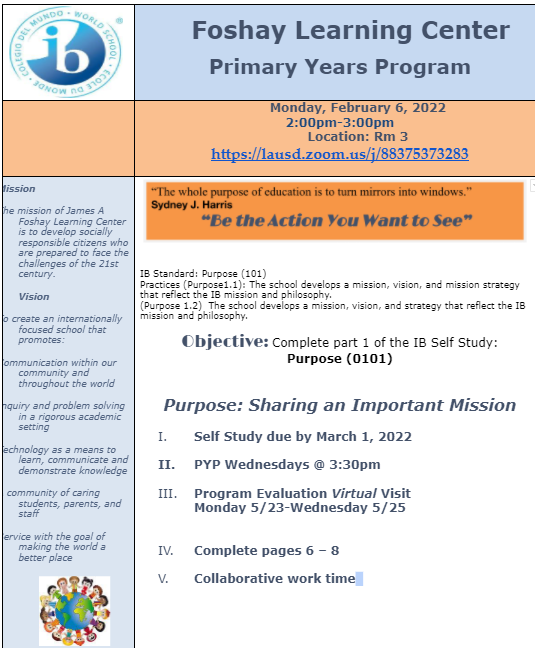IB Primary Years Program
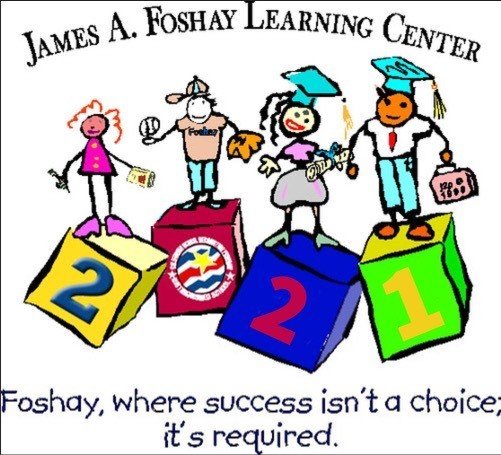

IB is the plate
It's not adding more to your plate


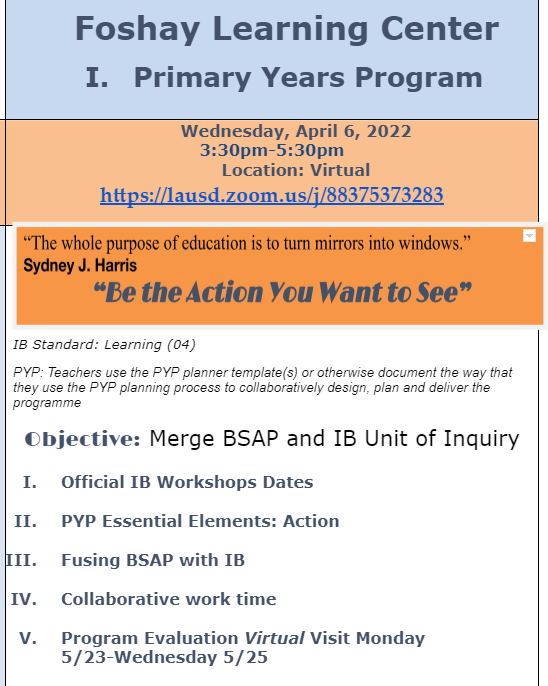
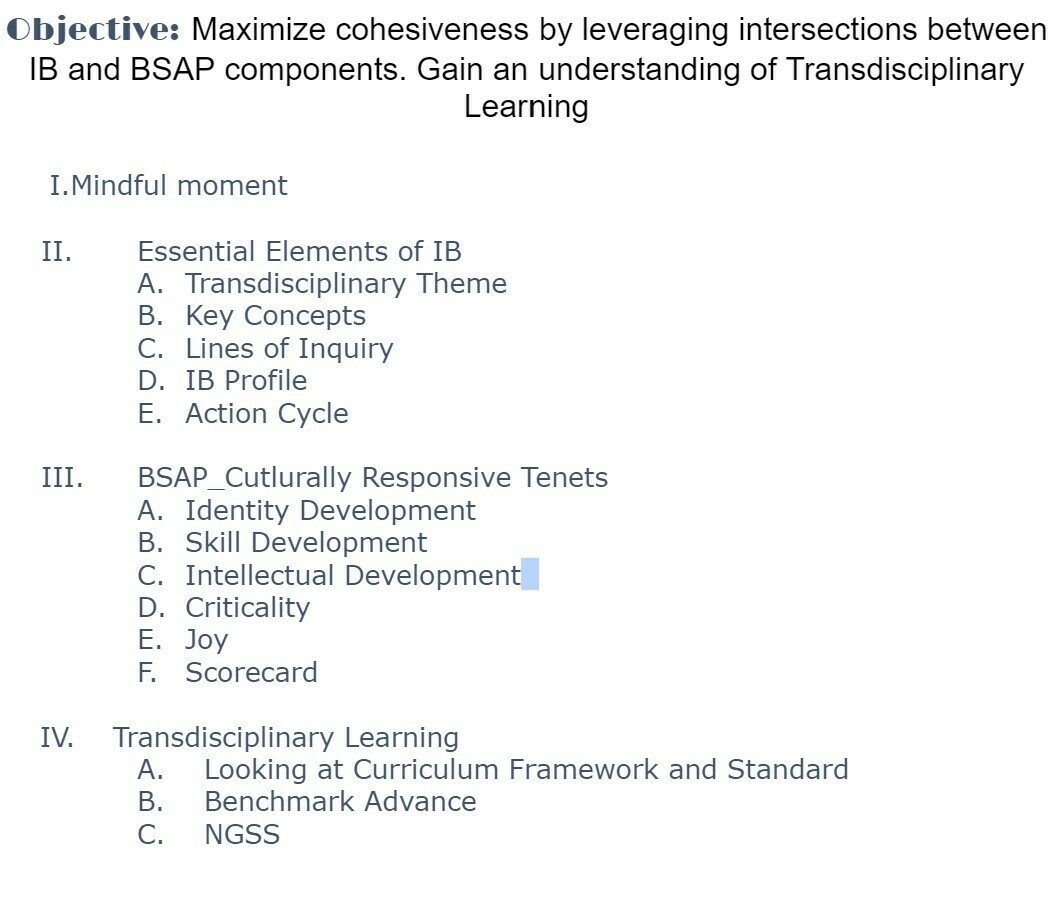
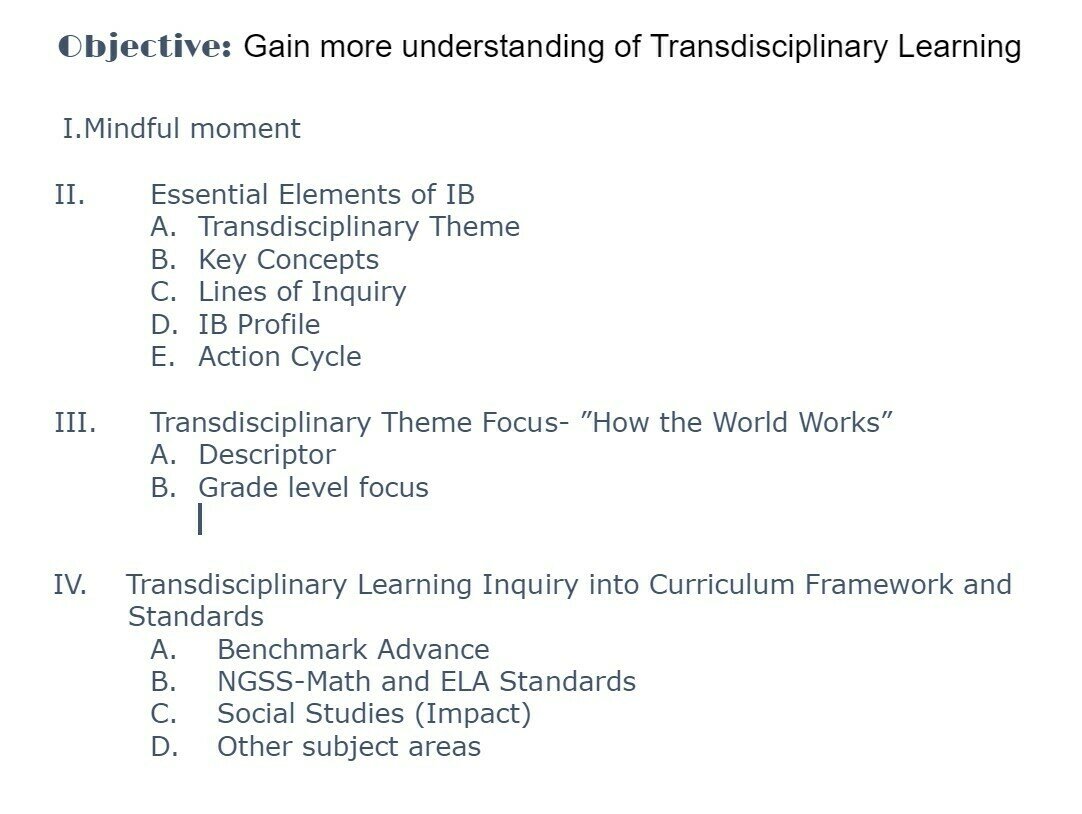
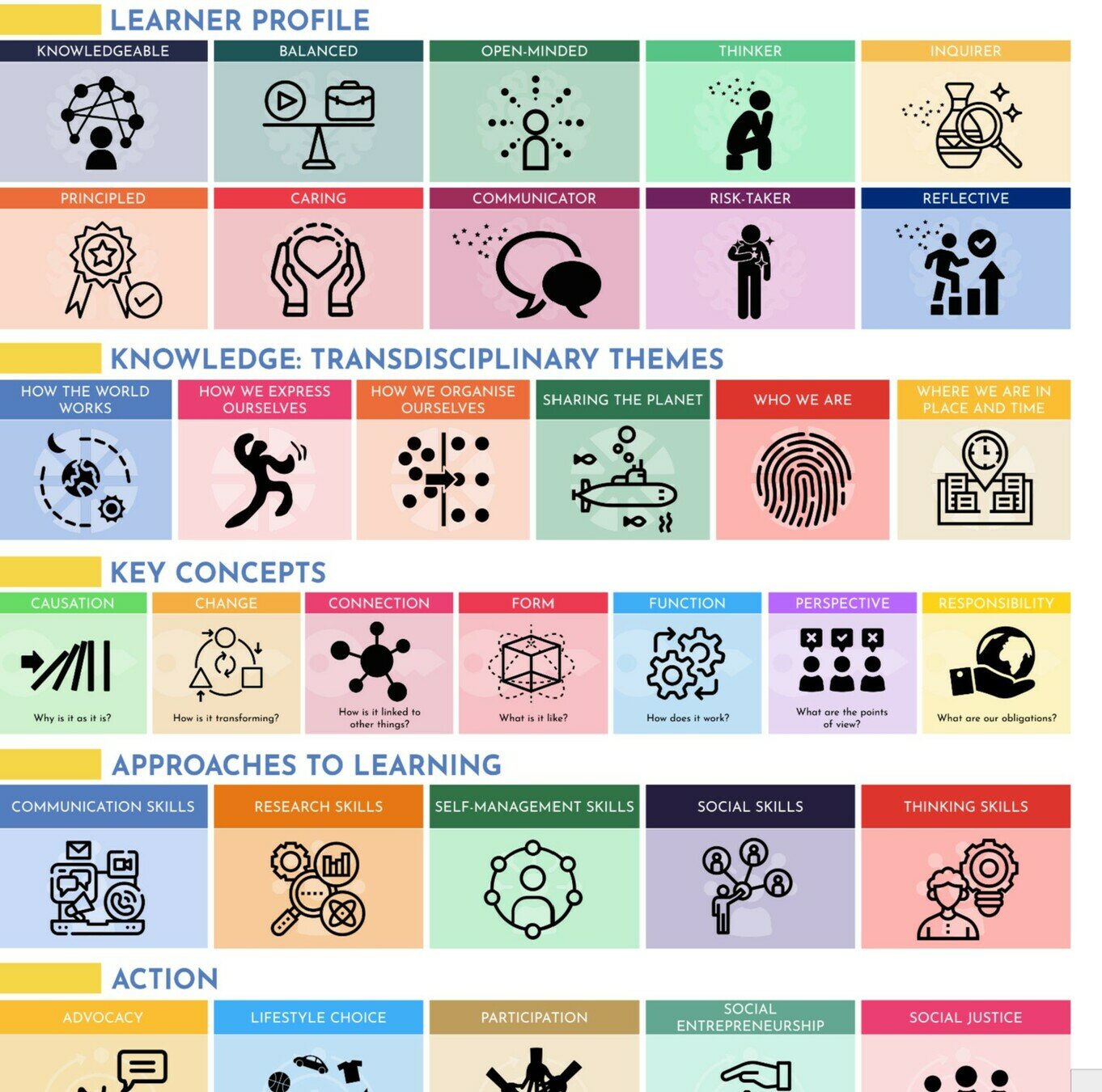
PYP Essential Elements
BSAP Culturally Responsive Tenets

PYP
1. Transdisciplinary Theme: IB Profile
2. Approaches to Learning
3. Content
4. Key Concepts
5. Action: Voice Choice and Ownership
6. IB Profile/international Mindedness
BSAP
-
Identity Development
-
Skill Development
-
Intellectual Development
-
Criticality
-
Joy
-
Scorecard: How will my instruction help students to see themselves represented in a positive way?


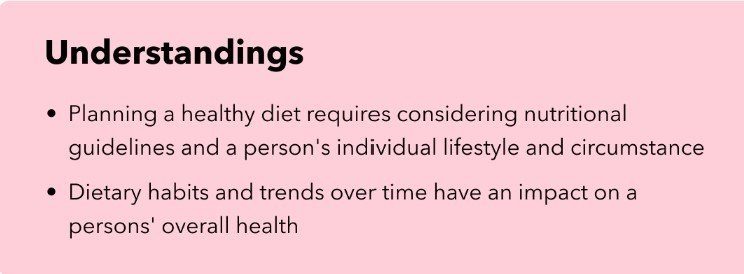

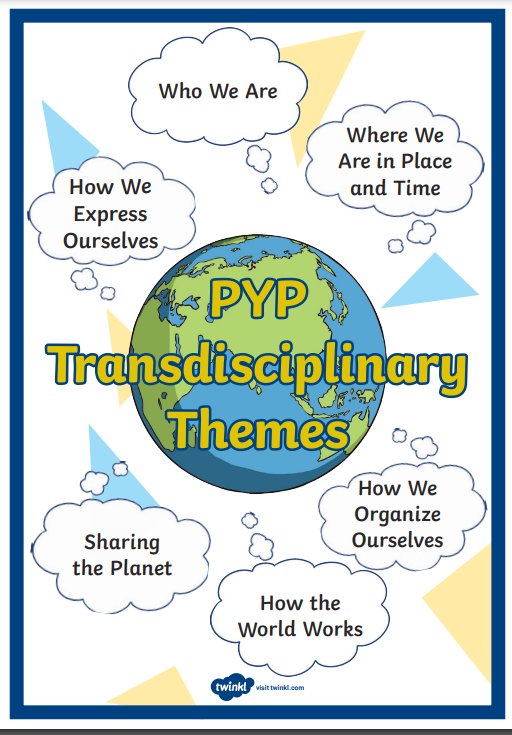
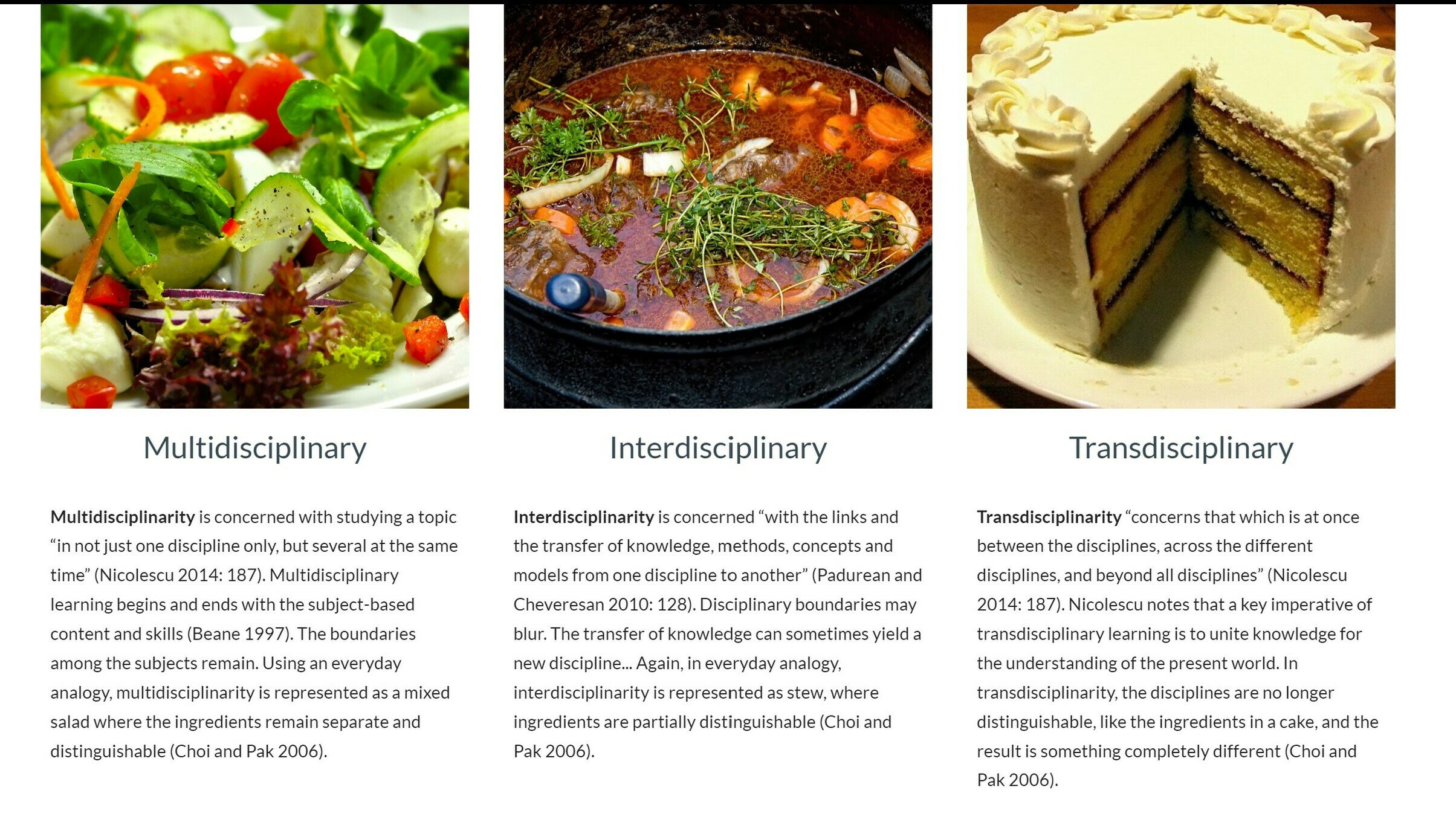
What it means to be Transdisciplinary
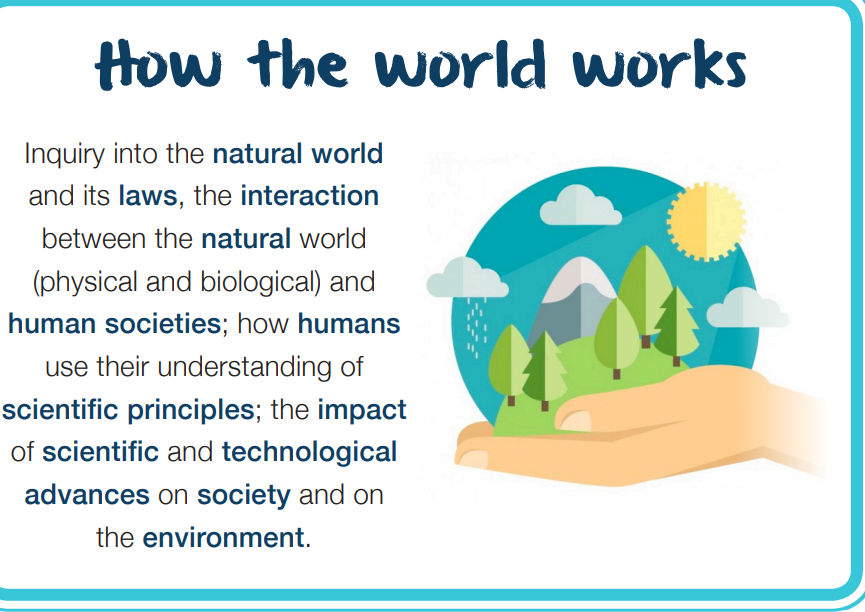
PYP
Lorem ipsum dolor sit amet, consectetur adipiscing elit. Proin urna odio, aliquam vulputate faucibus id, elementum lobortis felis. Mauris urna dolor, placerat ac sagittis quis.
BSAP
Lorem ipsum dolor sit amet, consectetur adipiscing elit. Proin urna odio, aliquam vulputate faucibus id, elementum lobortis felis. Mauris urna dolor, placerat ac sagittis quis.
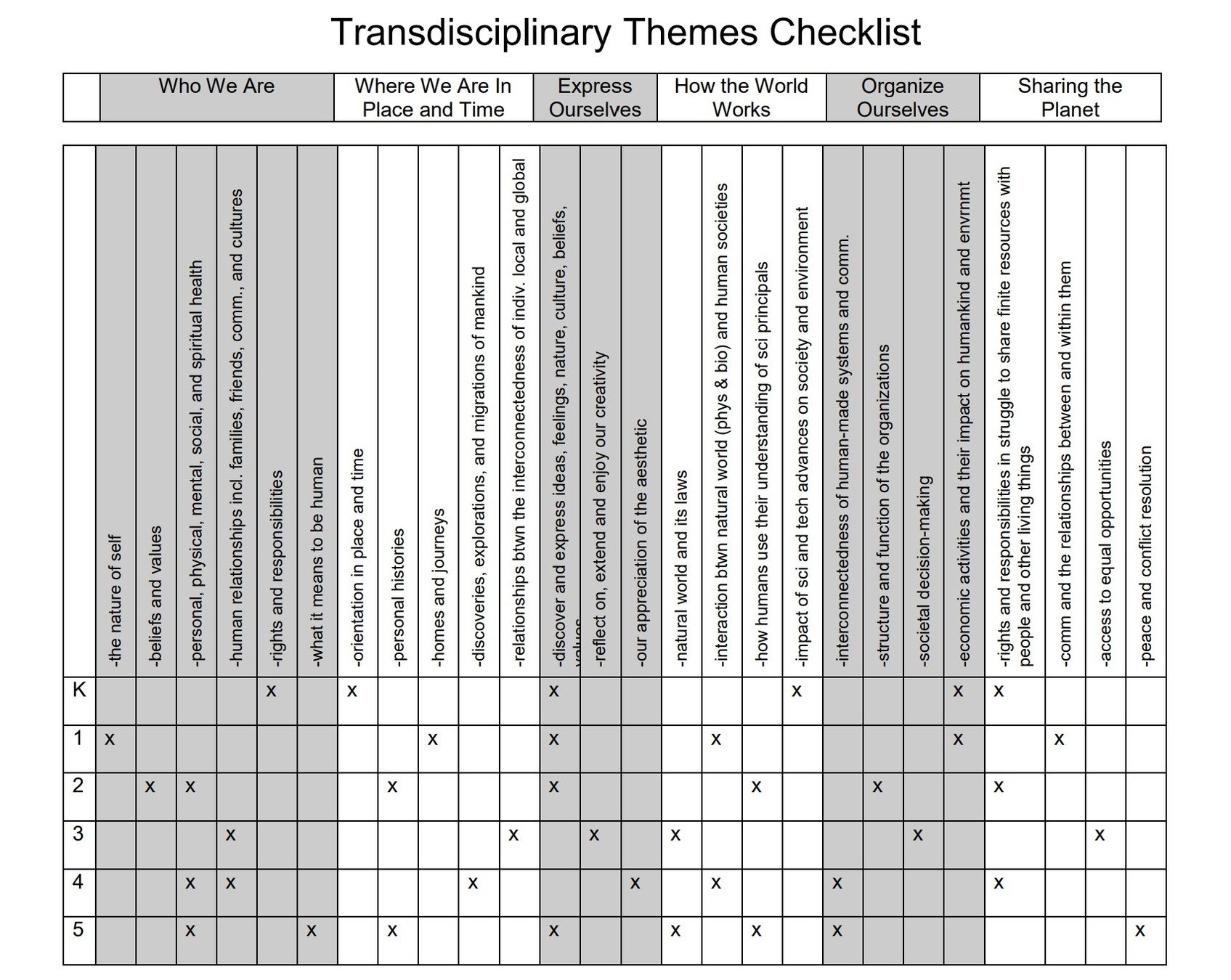
Benchmark Advance

Concept Circles
- In the PYP, we are responsible for assessing student knowledge, conceptual understandings, and skills.
- As we plan for a unit of inquiry, we should have clarity around what we want our students to be able to do.
- We should be able to define the success criteria for the unit using concrete action verbs such as: define, argue, solve, and create.
- Our goal, when we’re deciding what to assess, is to be able to answer: What will students know, understand, and be able to do as a result of engaging in the learning?

Success Criteria
What knowledge, concepts, and skills do students need to know?
- When designing your success criteria for a unit, a great starting point is to unpack your curriculum standards.

Success Criteria
What knowledge, concepts, and skills do students need to know?
- When designing your success criteria for a unit, a great starting point is to unpack your curriculum standards.

Knowledge
Possible Strategies to Assess Knowledge
Text
IB Workshops
1/21-1/23
Making the PYP Happen (CAT 1)
Evidence Learning (CAT 2)
Local and Global Inquiries (CAT 2)


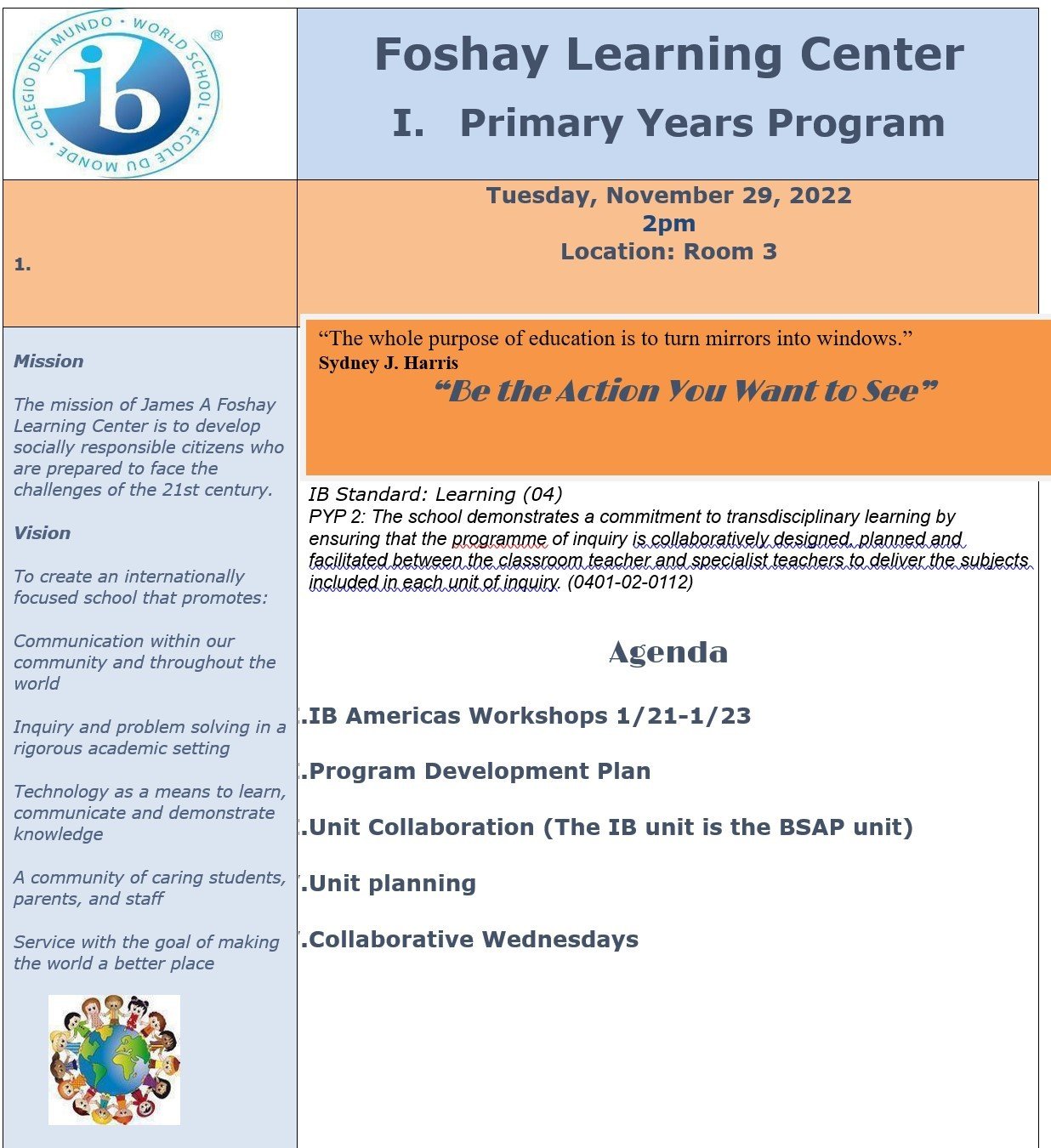
PYP Development Plan 2022-2023
Text
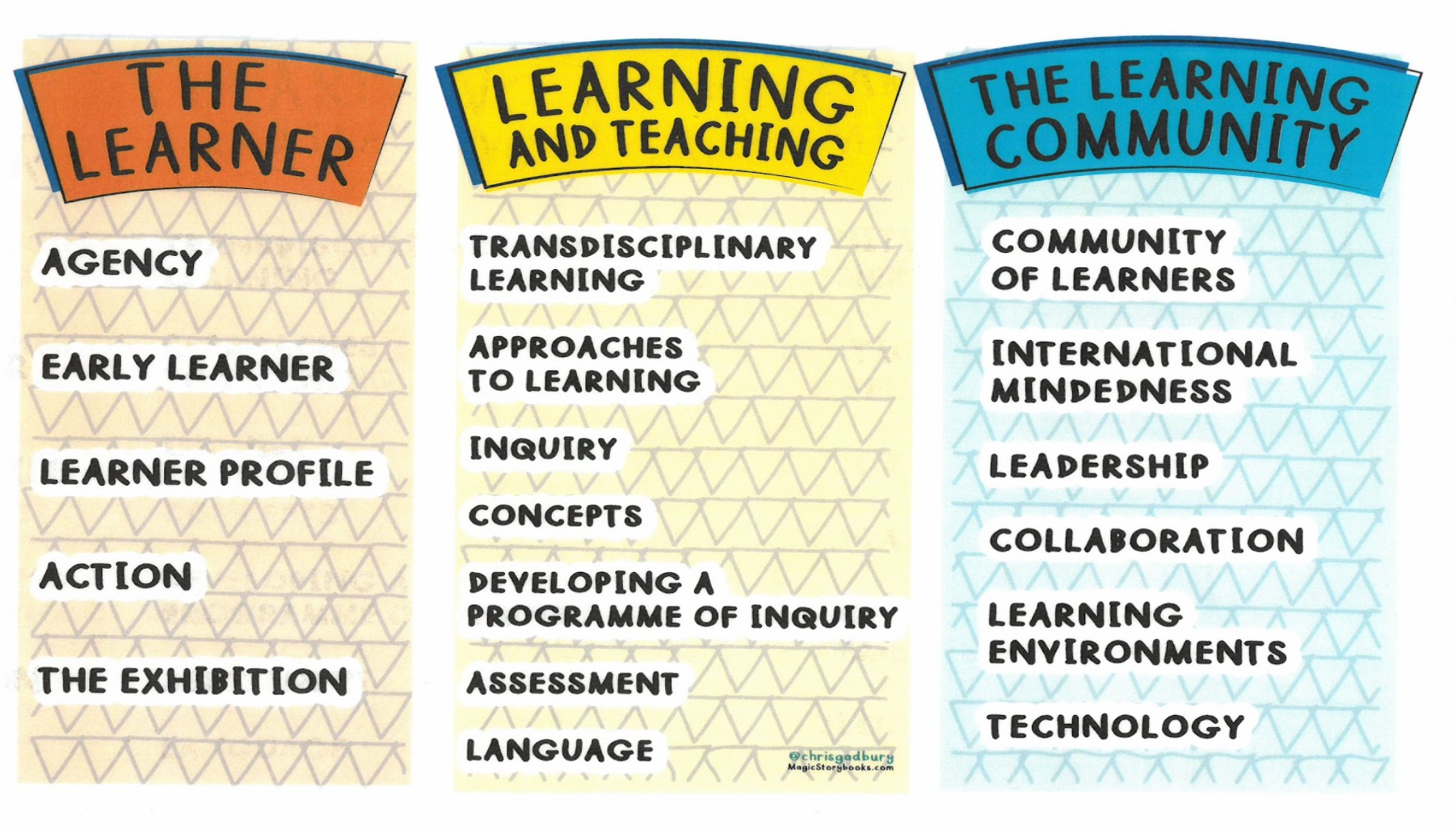
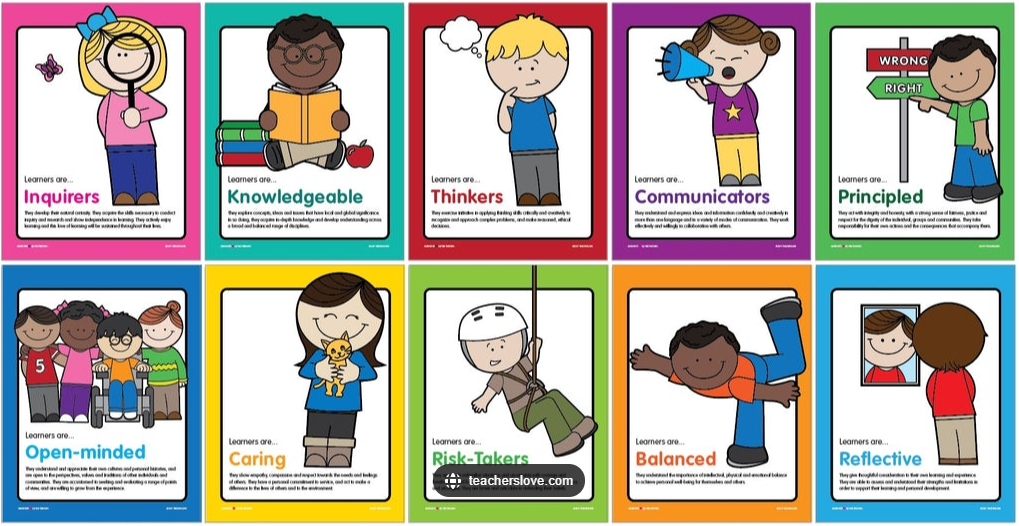
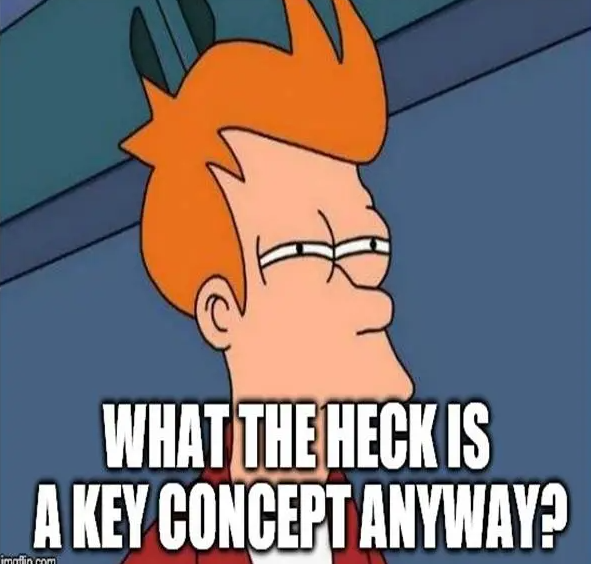

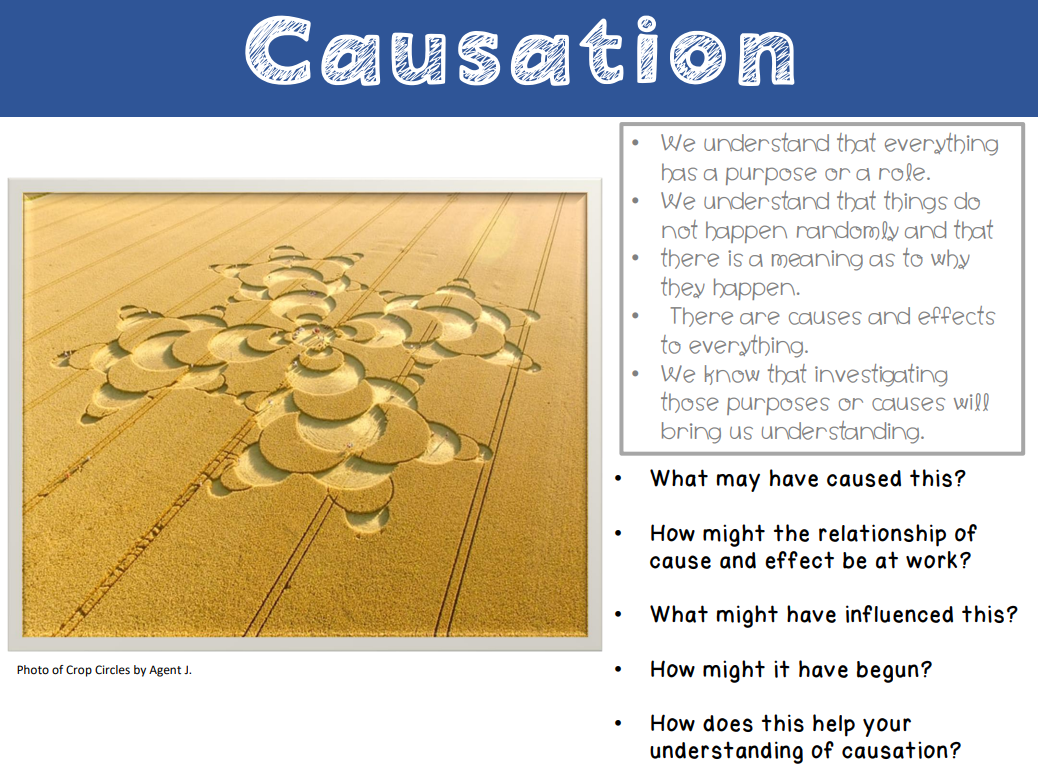

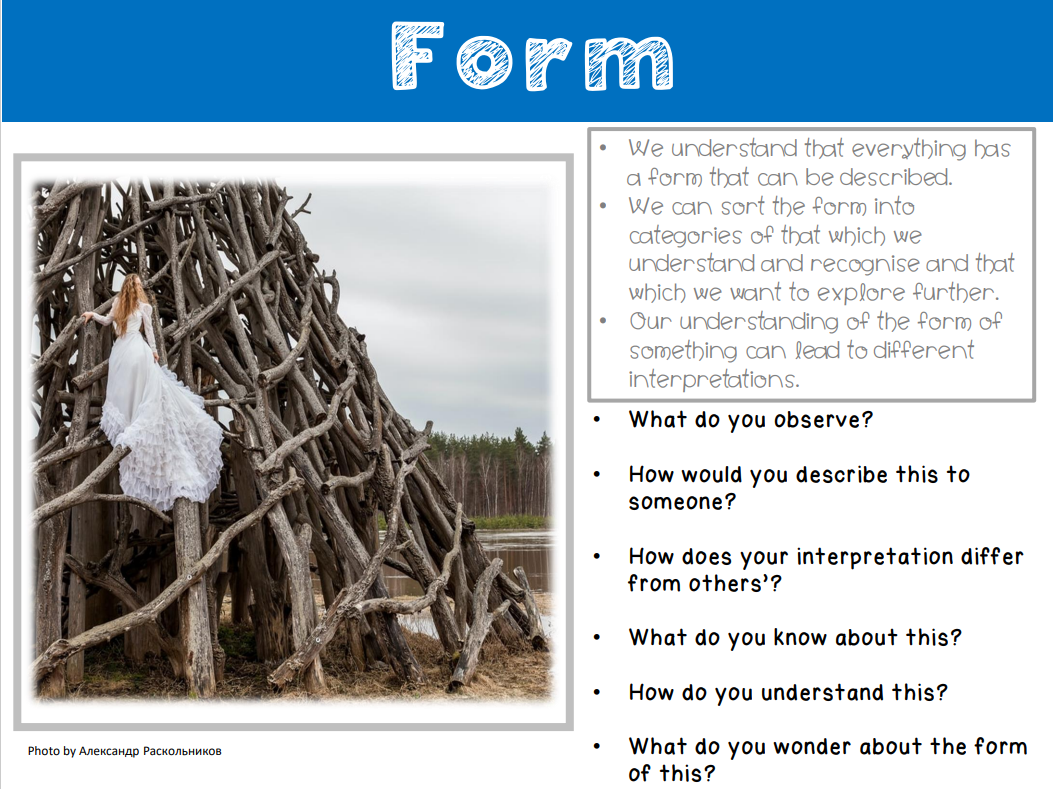
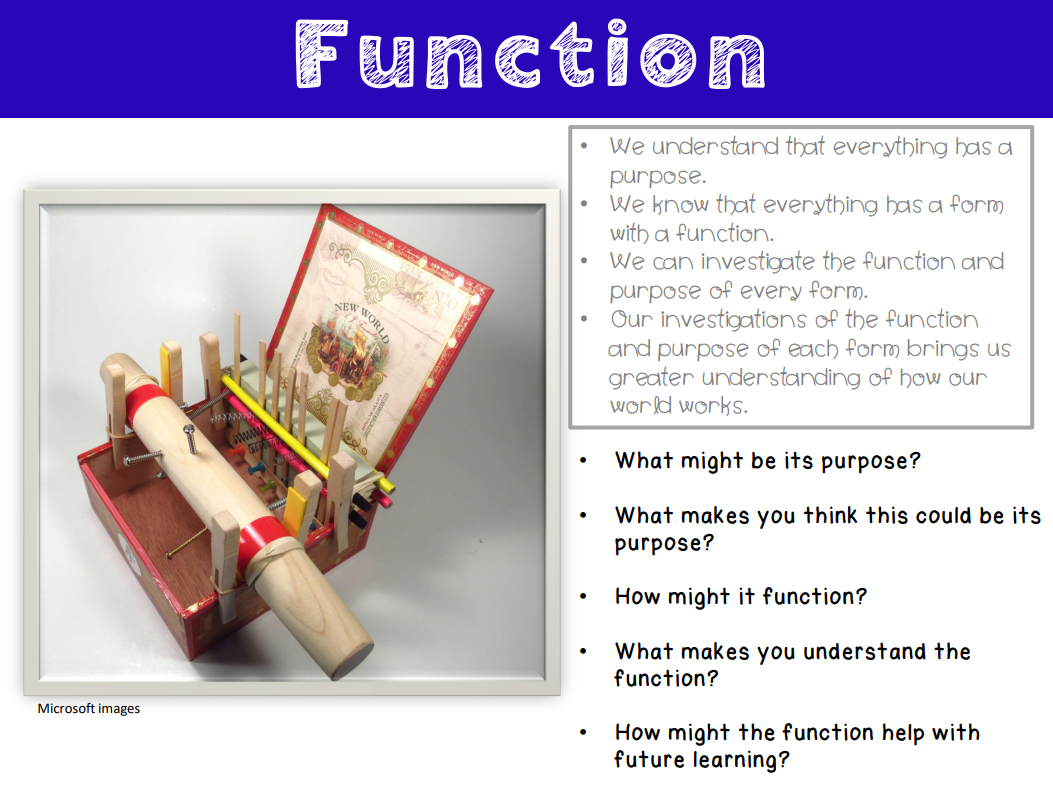
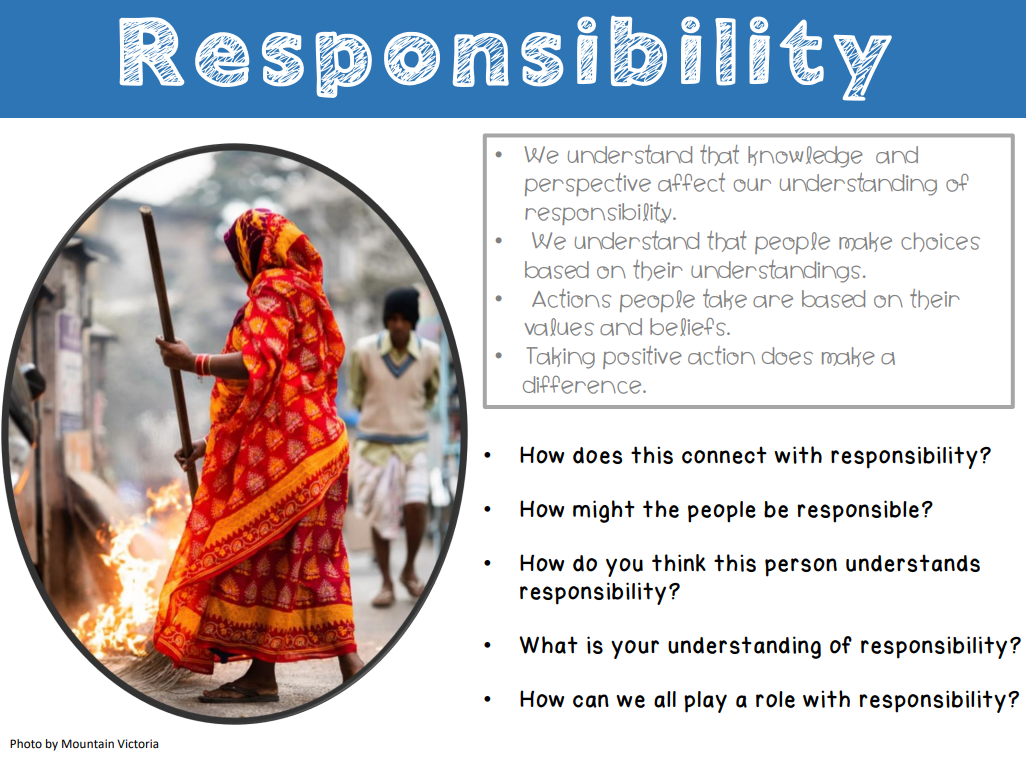

Inquiry in Math
The PYP Key Concepts are an amazingly effective tool we and our students can use to promote inquiry in Math. They can form the framework for structured, guided or open inquiries in math and also naturally help children to develop deeper wonderings about the concepts and skills explored. They can change mathematical thinking from skills-based learning to student-owned, deep conceptual explorations.
Inquiry learning process is for kids to ask questions and wonder. Using the Key Concepts gives children the (sometimes) needed framework for them to develop deep wonderings and the more they use them in math units the deeper and more powerful their questions become.
Using them to generate questions they can inquire into brings about a lot of curiosity in children and they can also greatly broaden the conceptual thinking behind a math concept. Shallow questions suddenly start transforming into deep questions with their use.

The most significant and distinctive feature of the IB Primary Years Programme are the six transdisciplinary themes
These themes provide IB World Schools with the opportunity to incorporate local and global issues into the curriculum and effectively allow students to "step up" beyond the confines of learning within subject areas.
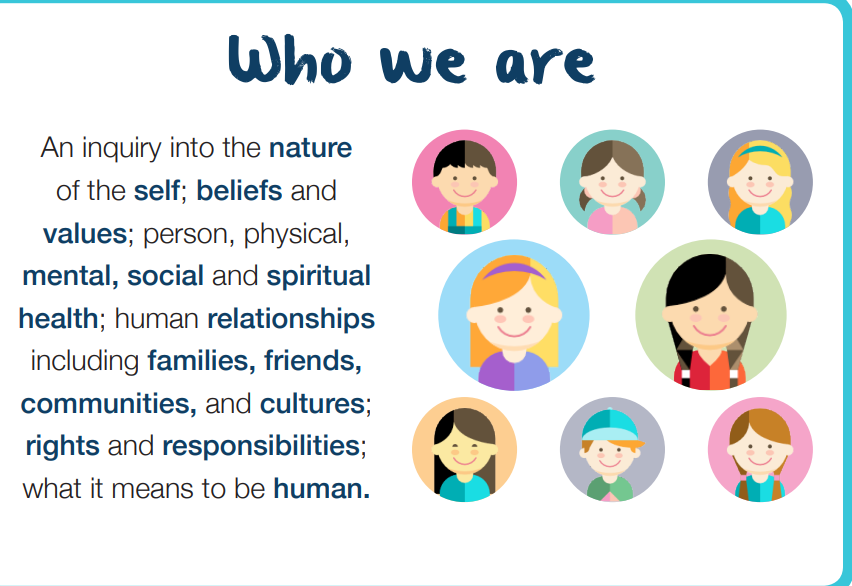
Who We Are: An Inquiry into...

- K: Rights and responsibilities
- 1: The nature of self
- 2: Beliefs and values and personal, physical mental, and spiritual health
- 3: Human relationships including family, friends, communities, and cultures
- 4: Personal, physical, mental, social and spiritual health and human relationships including families, friends, communities, and cultures
- 5: Personal, physical, mental, social and spiritual health and what it means to be human
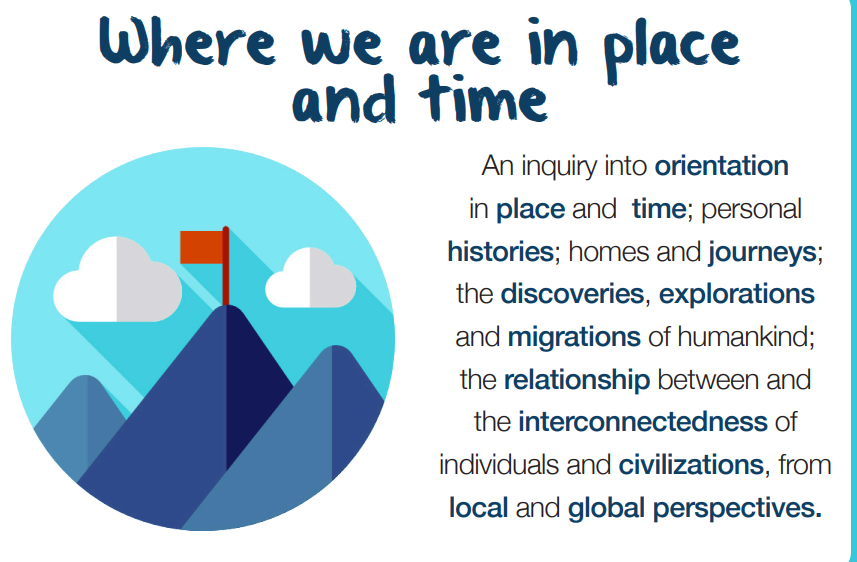
Where We are in Space and Time:
An Inquiry into...
- K: Orientation in place and time
- 1: Home journeys
- 2: Personal histories
- 3: The relationship between the interconnectedness of individuals and civilizations, from local and global perspectives
- 4: The discoveries, explorations, and migrations of mankind
-
5: Personal histories

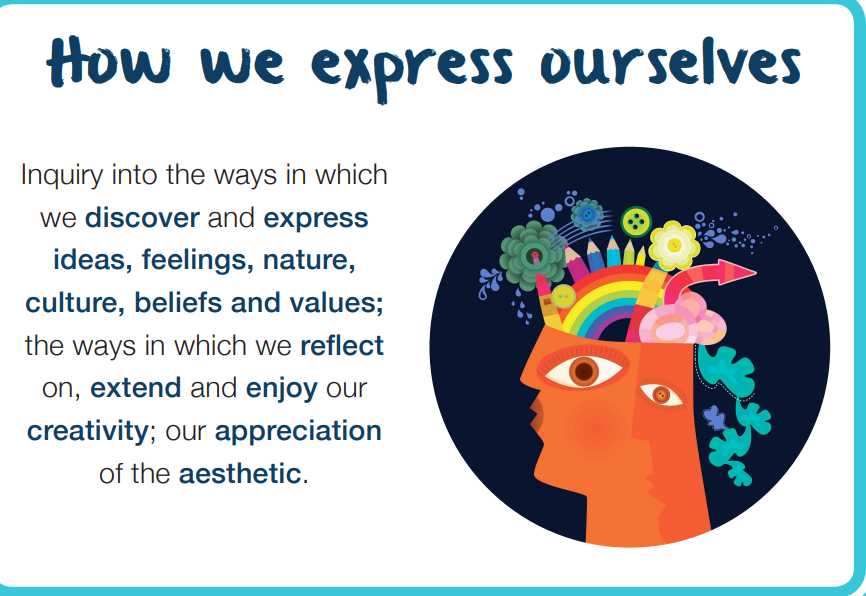
How We Express Ourselves: An Inquiry into...

- K: The ways we discover and express ideas, feelings, nature, culture, and beliefs
- 1: The ways we discover and express ideas, feelings, nature, culture, and beliefs
- 2: The ways we discover and express ideas, feelings, nature, culture, and beliefs
- 3: The ways we reflect on, extend, and enjoy creativity
- 4: The appreciation of the aesthetic
- 5: The ways we discover and express ideas, feelings, nature, culture, and beliefs
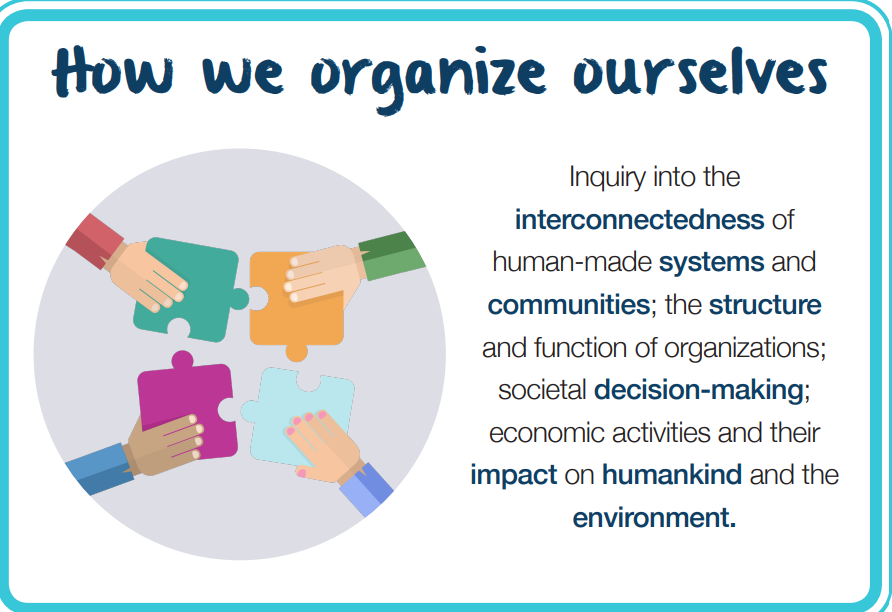
How We Organize Ourselves:
An Inquiry into...
- K: Economic activities
- 1: Economic Activities
- 2: Structure and function of the organizations
- 3: Societal decision making
- 4: Interconnectedness of human-made systems
-
5: Interconnectedness of human-made systems


How the World Works:
An Inquiry into...
- K: Economic activities
- 1: Economic Activities
- 2: Structure and function of the organizations
- 3: Societal decision making
- 4: Interconnectedness of human-made systems
-
5: Interconnectedness of human-made systems


Sharing the Planet: An Inquiry into...
- K: Rights and responsibilities in the struggle to share finite resources with people and other living things
- 1: Community and the relationships between and within them
- 2: Rights and responsibilities in struggle to share finite resources with people and other living things
- 3: Access to equal opportunities
- 4: Rights and responsibilities in struggle to share finite resources with people and other living things
- 5: Peace and conflict resolution



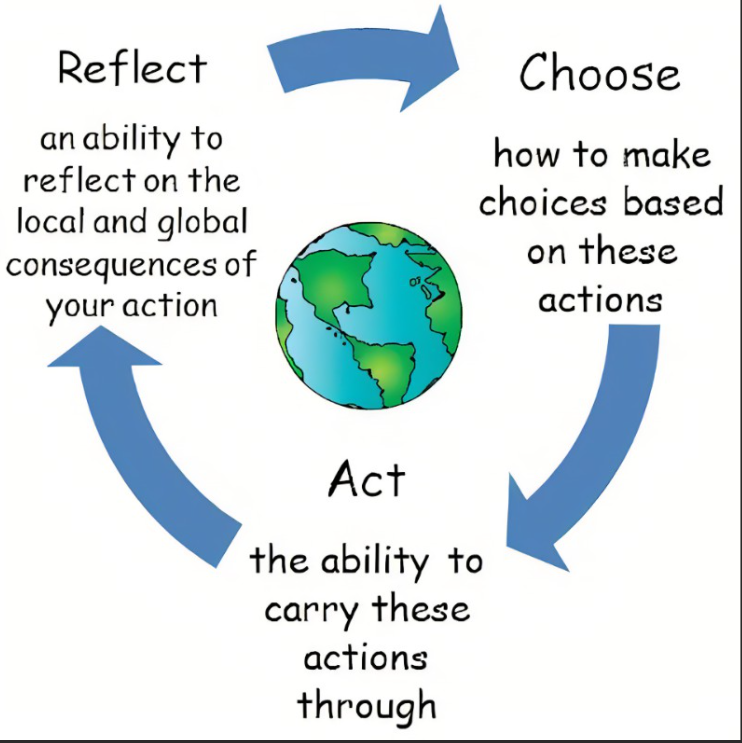

I see, I think, I wonder....
Next Steps
-
Instructional materials
-
Teacher Leader Institute
-
Collaborative planning
-
How can we fortify our program?
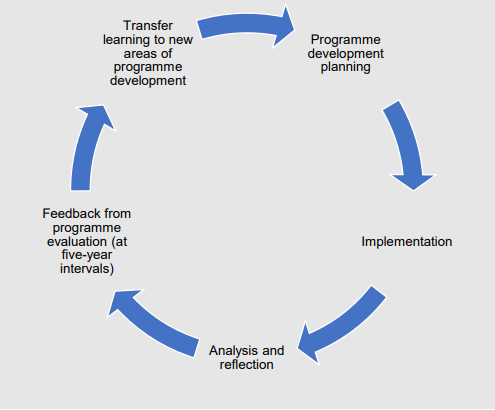
Remote Evaluation Visit 5/23-5/25

Purpose of Visit
To understand the school's implementation of the program during the entire 5 year period
The conversations during the visit should focus on the overall period of review and avoid unduly focusing on the atypical circumstances during the visit.
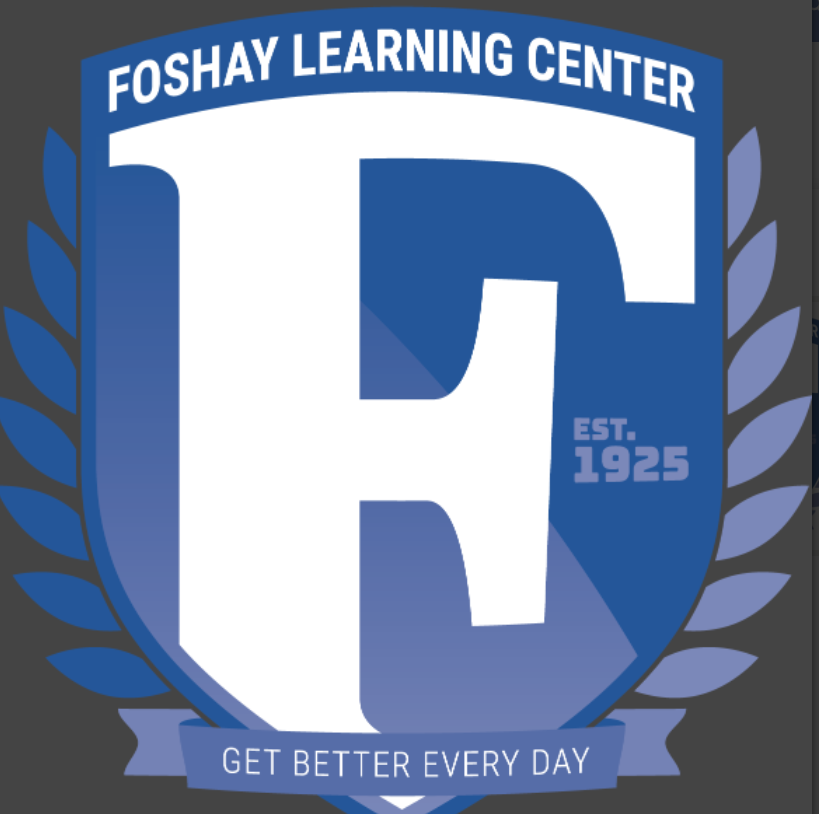
-
Online meetings
-
Videos
-
Documentary Evidence
Role of Visiting Team
- Review our documentation (Self-Study)
- Meet remotely with school community
- Class visits
- Write evaluation report
Role of Foshay
- Submit preliminary documentation
- Provide photos or video of school
- Optional:Tour of the learning management system/how learning is managed at the school
- Virtual tour of school via Zoom
- Technology

Technology
- Internet
- Device for live tours
- Charged devices for interviews, meetings
- Phone as a back up
- File sharing (Google Drive)
- IT available
- System test one week prior to visit


What to do PRIOR visit
- Share additional documentation to give "contextual understanding of the learning environment and experiences in the school.
- Have a quiet room specifically for visit meetings
- High speed computers, 2 wireless mics, at least one high quality camera, and one mobile phone
- IT available
- Tour of learning management system?
- Schedule visits
- Develop Agenda
- Provide photographic and documentary evidence 2 weeks prior

Video, Photo/Doc Evidence
- Photos or videos to provide any changes to the major facilities used to implement the program
- Optional: Student lead video tour of the school (Introduction to the school with voice over or narration...10 minutes max)(classrooms, library, theater...)
- Map of the school identifying places included in the video


Remote visiting
- Live interviews
- Live school tour
- Live classroom visits to look at displays and observe collaborative practices among students
- Photographs



Pre-visit meeting
- Planning meeting with the IB
- Planning meeting with the school
- Planning meeting with the evaluation team
- Leadership meeting

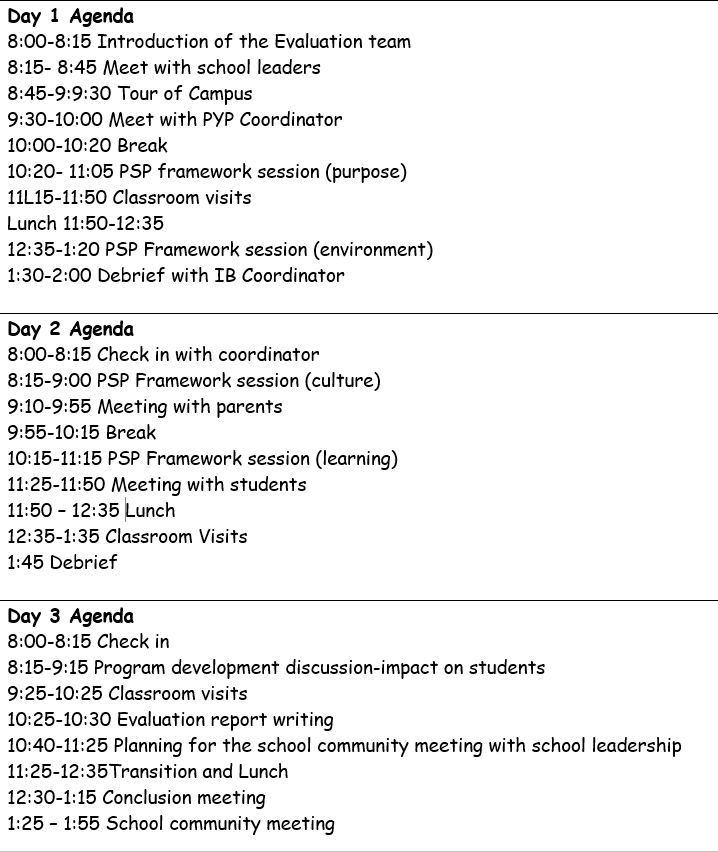
IB is the plate
By DANIELLE MABRY
IB is the plate
- 136




